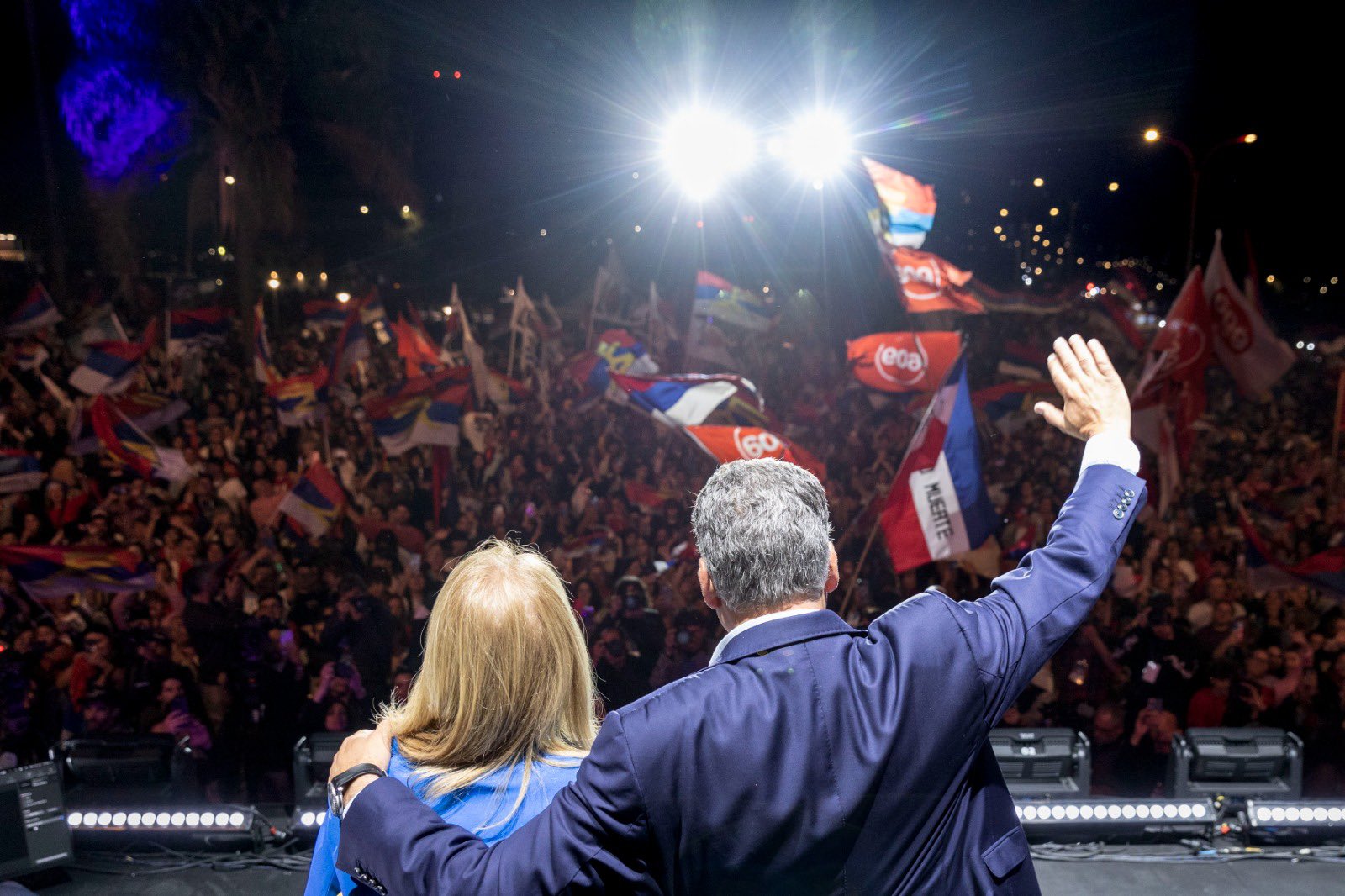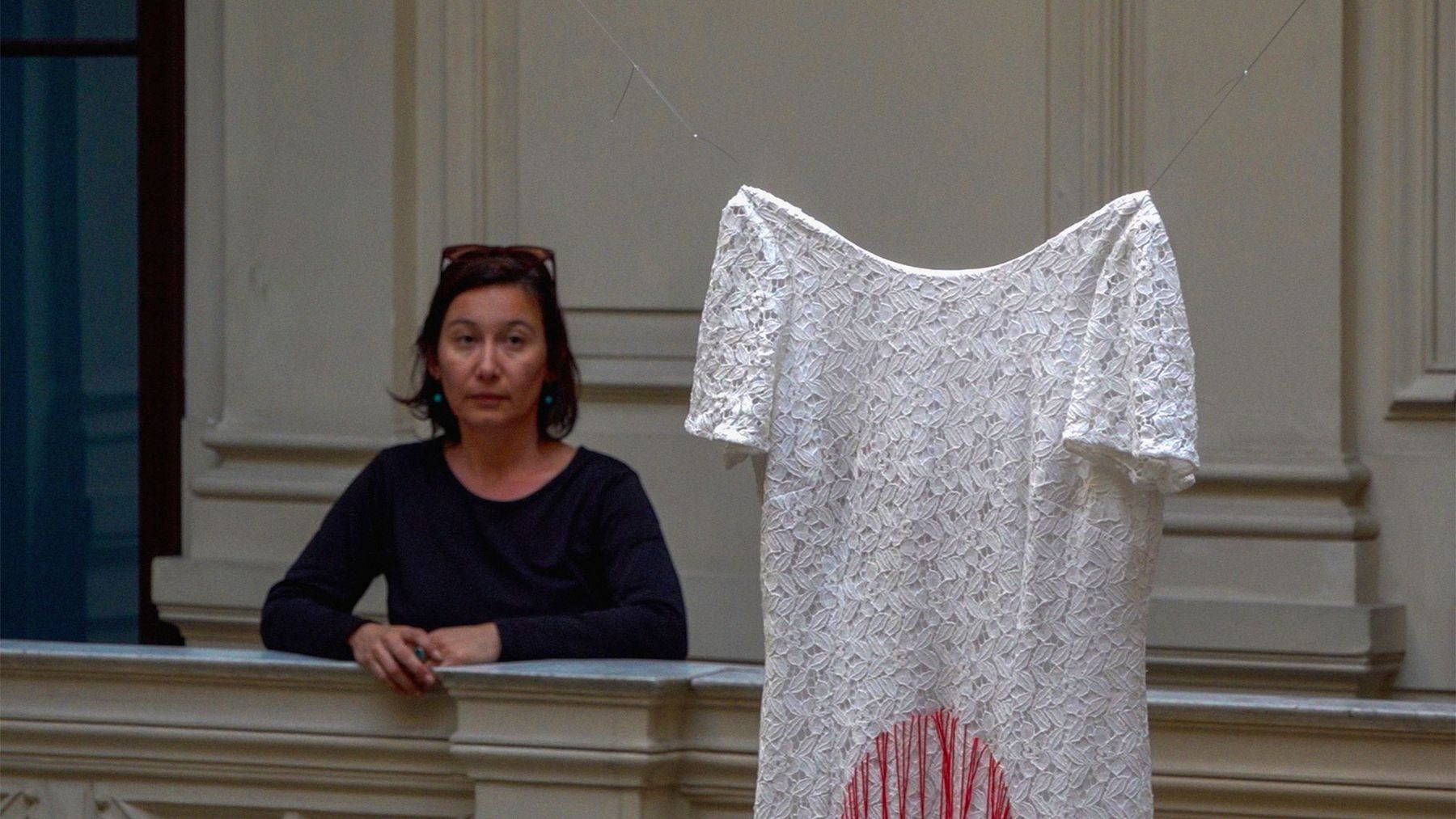Goodbye to the leftist Uruguay
- After fifteen years of left-wing mandate, on 1 March the right will take over Uruguay. The new president will be Luis Alberto Lacalle Pou, son of the former president of the country, who has already announced 457 measures. These include restricting the right to strike, giving more power to the police or reducing the involvement of trade unions.

The right-wing coalition, led by Luis Alberto Lacalle Pou, won the elections in November last year and prevailed in Baiona. The leader of the left-wing coalition Broad Front has ended its mandate of fifteen years, and has announced that it will take action against many of the measures that the party has put in place.
The Emergency Act has three main focuses: economy, education and security. As far as the economy is concerned, it has proposed removing the monopoly of Ancap's state-owned oil company. It also removes the law that payroll should be made electronically, making it possible for employers to make manual payments.
On the other hand, it has proposed reducing the participation of trade unions in the decision-making bodies of education. And in terms of security, give more power to the police to identify anyone. In addition, it has proposed the extension of prison sentences for minors.
Criticism from all sectors
The voices against these measures have not taken long to come. Both social movements and trade unions have faced the new president’s proposals and have denounced that they restrict freedom. The party that has recently held the opposition position, the leftist Broad Front, has warned that it will cause a "great setback" in the country.
In statements to eldiario.es, Senator of the Broad Front coalition, Charles Carrera, has described these measures as "undemocratic and unconstitutional", arguing that "it is unacceptable for there to be 457 emergencies".
The new Government, for its part, has stressed that these measures are provisional and that changes are to be adopted. In addition, he has indicated that they have met with actors from different social sectors in order to complete the project.
The oasis of Uruguay is over
The leftist party came to the government of the American country in 2004 and maintained it for fifteen years, winning another three elections. Some even defined it as “oasis” of neighboring countries, as in recent years the Left in South America managed to keep the Left in government.
The Government took a number of measures to improve the situation in the country. An example of this is the growth of the economy, which grew by 67 per cent during its mandate, and the regulation of domestic and rural employees. In addition, poverty data also decreased from 19.3% to 2.7%, making Uruguayan poverty the lowest in Latin America. The health system spread to almost the entire population and was legally forced to pay the payroll electronically.
Mikel Zabalzari buruzko Non dago Mikel? filmak Urugaiko Nazioarteko Zine dokumentalaren festibalaren sari nagusia irabazi du, AtlantiDoc Saria hain zuzen ere, dokumentu-film luzerik onenarentzat.
This 24 August marks the 27th anniversary of the events that took place in the Montevideo Filter. From the solidarity internationalist conscience, the Uruguayan people and numerous organizations of the popular movement claimed the right of asylum as a people to the Basque... [+]
Uruguayko «Brecha» aldizkariko kazetaria, Drogen Obserbatorio Geopolitikoa eta Suediako... [+]
Askapen Nazionalerako Mugimendu Tupamaroaren buruzagi ohia da Rosencof. Bizi izan dituen 61... [+]
Apirilaren 26an izango da sari banaketa, Gernikako bonbardaketaren 79.urteurreneko ekitaldien barruan.
Idazle uruguaitarra Montevideoko ospitalean hil da 74 urterekin, Espainiako Irrati Publikoak zabaldu duenez eta Uruguaiko Montevideo Portal guneak baieztatu duenez. Hego Amerikako idazlerik nabarmenduenetakoa da.



















